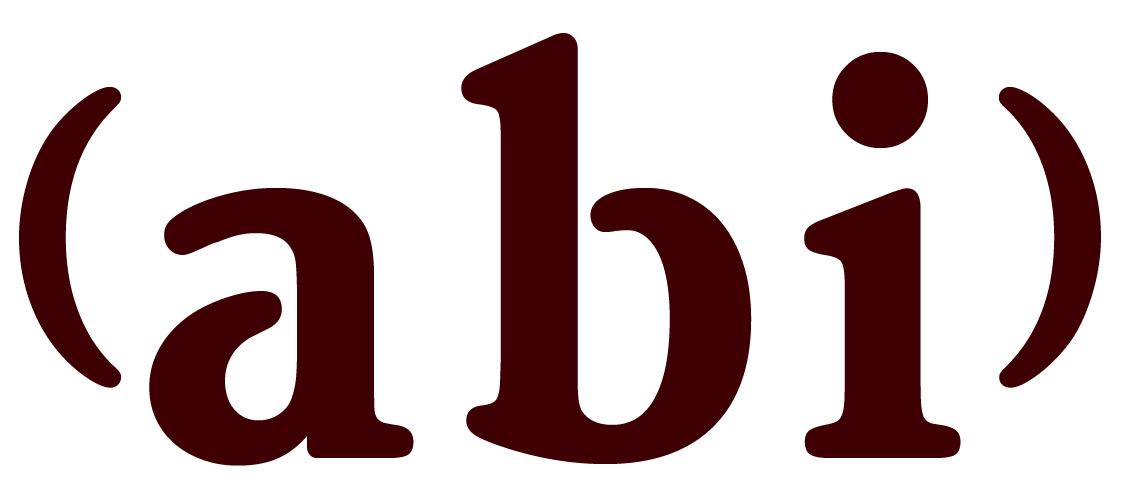The Unintended Consequences Trap
The sociologist Robert Merton wrote about how unintended consequences can arise when we pursue purposive social action. These are consequences that we did not necessarily foresee, that are not the central goals of our action, and may be either positive or negative.
I was struck recently by a possible unintended negative consequence that may have arisen from my purposive professional activities. As the director of a program that prepares inclusive elementary education teachers, I spend significant time with my students engaged in activities designed to value diversity and to teach them about being responsive to individual learning needs.
What do these types of activities have in common? They focus on difference. It is not uncommon to hear statements from these teacher candidates along the lines of:
* Each child learns differently.
* All children are unique in their own way.
* Teachers should recognize and respect the fact that people are different and that these differences are generally a good thing.
While I see the value in such statements (I speak them and teach them myself!), I do believe that there is an unintended consequence that must be faced. All of this focus on difference has forced into the background an even more important message: We are all more alike than we are different. We may come from difference cultural backgrounds, but we share many more commonalities than we have differences. For example, though our family structures may be different, we are human beings who need love and seek relationships with other humans to satisfy a need to belong. The essential human trait is shared; the social artifact that was developed to satisfy that need is different.
Even in special education, where there is a legitimate reason to focus on individual learning needs, there is no need to call those needs differences. Here’s an example:
Chris has some difficulty learning to spell and, as a consequence, he needs instructional support in spelling. Chris’s teacher, Ms. Cortez, creates sandpaper letters for him to trace as he is orally spelling the words from his spelling list. Ms. Cortez would explain, if asked, that Chris will have more success learning to spell because she has involved another sensory modality (to visual and oral/aural she has added tactile). Perhaps this is a learning difference? Well, no, not really. It is true for all of the students in Chris’s class that adding another sensory modality will also help them to learn their spelling words more effectively. So, what seems like a learning difference is actually a learning similarity.
I am at the beginning stages of thinking about potential unintended consequences of focusing on difference and not sure where this is leading. I intend to explore it in my teaching and teacher preparation activities this year. Check back with me at the next All Born In conference and see where it has taken me. I’ll be very interested in hearing your perspective.
